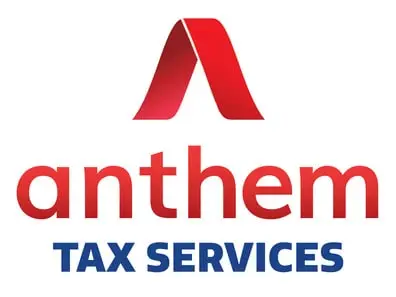
What’s your classification?
The first thing that you consider is the way that you file your taxes. However, this can only be done depending on how you’re classified. Are you a company driver? Then you’ll usually be a W2 employee. If you’re an owner-operator, you’re going to be using a 1099.
For company drivers, taxes are withheld from your paycheck and your deductions are limited. For owner-operators, you’re responsible for self-employment taxes, income tax and estimated quarterly payments.
Misclassification is super common in this industry, so make sure that you’ve consulted a tax professional so that you know for sure.
Do you know how to reduce your taxable income?
With the help of leveraging per diem, you’ll be in a better position to reduce taxable income. The IRS allows you to have a standard daily allowance for meals and incidentals, but the per diem rate can add up fast.
It’s important to know that company drivers are no longer able to deduct per diem under the 2017 Tax Cuts and Jobs Act. Owner operators can still use the per diem method but it’s important to keep a detailed log of days away from home – this should include both departure and return dates.
Have you maximized your deductible expenses?
Did you know that you can deduct fuel and maintenance from your taxes? Many truckers actually miss these out. You can include:
- Truck washing and detailing
- Personal protective equipment (PPE) like gloves, boots, or safety vests
- Subscription services (GPS apps, load boards)
- Internet or cell phone usage (as long as it’s business-related)
- Business-related training or certifications
- Laundry and showers at truck stops
- Sleep apnea testing/treatment (common in DOT compliance)
Did you know depreciation is your best friend?
If you own a truck or trailer, it’s time to celebrate because the IRS actually allows truckers to depreciate their trucks over several years. Alternatively, you can use Section 179 to deduct the full value in one year but you do have to be strategic about it. A Section 179 is a good thing if you’ve had a high income year, and spreading depreciation can help level out income in lower-earning years. Don’t forget that you’ll owe depreciation recapture taxes if you sell your truck after claiming a large Section 179 deduction, though!
Did you know you can stay ahead of the IRS?
A lot of truckers get behind with their taxes because they don’t make their quarterly estimated payments. If you’re a 1099 contractor, you’re expected to pay as you go four times a year and if you miss these deadlines of April, June, September and January, you could get hit with interest charges, penalties and a potential IRS audit. The easiest way to avoid charges is to set aside 30% of your net income to a dedicated tax savings account after each pay period. When you do this, you can stay ahead of the IRS and not have to worry you’re going to be slapped with a bill.
Did you know you can save taxes in your health insurance and retirement plan?
If you’re an independent driver, you can deduct 100% of your health insurance premiums if you’re not currently eligible for an employer-sponsored plan. Your retirement contributions are one of the very few ways that you can legally reduce taxable income after the end of the year – until the tax filing deadline. If you have a Solo 401(k), you can make contributions both as an employee and employer, up to $69,000/year.
Do you know how to get out of tax debt?
It happens. There are thousands of truckers out there that owe back taxes, and ignoring it can make it a lot worse. There are things that you can do, however, to ensure that you can climb back out of your debt. Here’s how to do it:
- File all your missing returns. You can’t actually negotiate until your returns are filed – even if you can’t pay them.
- Talk through getting on a payment plan. The IRS wants to be paid, and if you are experiencing hardship then you should consider making an Offer in Compromise. This is where you settle for less than you owe, and while it’s not easy to qualify, it’s a life-changing thing. If you owe less than $50,000 you may even qualify for a streamlined installment agreement with lower monthly repayments.
- If you can prove you are in financial hardship, you may find that the IRS could mark your account as ‘CNC’ – currently not collectible. This stops all payments temporarily.
Do you have a paper trail?
With poor record keeping, you are going to find yourself in the lurch. Poor record keeping is one of the biggest financial leaks for a trucker. You can use mile tracking apps, receipt scanners and accounting software tailored to truckers, though, and this will help you to keep track of everything. The IRS is able to audit you up to three years back – or six if they suspect underreporting by more than 25%. You should try to keep all documentation for seven years – just in case.
You could work with a tax pro.
Working with a tax professional who truly understands the trucking industry can make a big difference. Anthem Tax Services knows how to navigate DOT compliance, apply per diem deductions the right way, and help drivers deal with tax debt. With our guidance, you can stay organized, avoid surprises, and hold on to more of your income.

